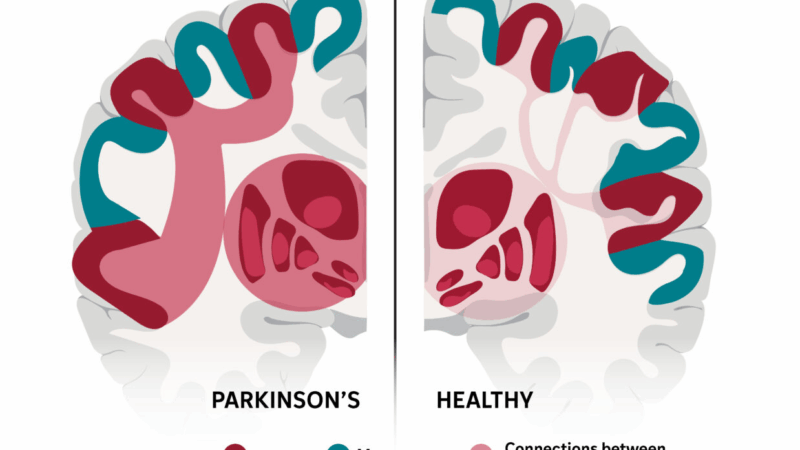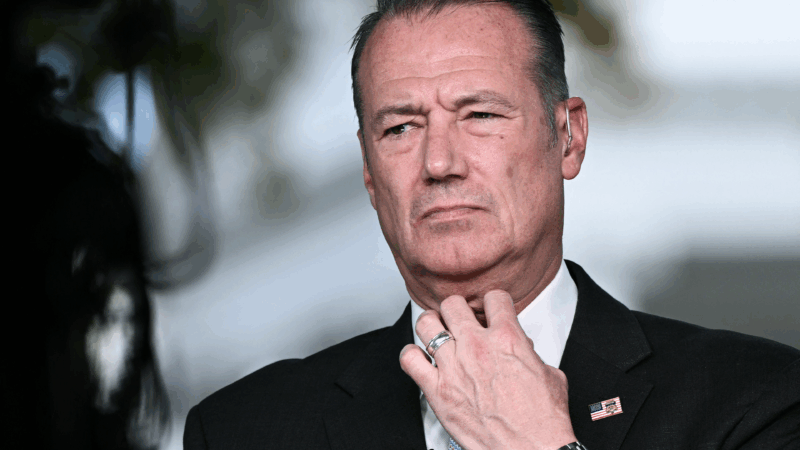U.S. Olympic and Paralympic officials bar transgender women from Olympic women’s sports
COLORADO SPRINGS, Colo. — The U.S. Olympic and Paralympic Committee has effectively barred transgender women from competing in women’s sports, telling the federations overseeing swimming, athletics and other sports it has an “obligation to comply” with an executive order issued by President Trump.
The change, announced Monday with a quiet change on the USOPC’s website and confirmed in a letter sent to national governing bodies, follows a similar step taken by the NCAA earlier this year.
The USOPC change is noted obliquely as a detail under “USOPC Athlete Safety Policy” and reference’s Trump’s executive order, “Keeping Men Out of Women’s Sports,” signed in February. That order, among other things, threatens to “rescind all funds” from organizations that allow transgender athlete participation in women’s sports.
U.S. Olympic officials told the national governing bodies they will need to follow suit, adding that “the USOPC has engaged in a series of respectful and constructive conversations with federal officials” since Trump signed the order.
“As a federally chartered organization, we have an obligation to comply with federal expectations,” USOPC CEO Sarah Hirshland and President Gene Sykes wrote in a letter. “Our revised policy emphasizes the importance of ensuring fair and safe competition environments for women. All National Governing Bodies are required to update their applicable policies in alignment.”
The nationwide battle over transgender girls on girls’ and women’s sports teams has played out at both the state and federal levels as Republicans portray the issue as a fight for athletic fairness. More than two dozen states have enacted laws barring transgender women and girls from participating in certain sports competitions. Some policies have been blocked in court by those who say the policies are discriminatory, cruel and unnecessarily target a tiny niche of athletes.
The NCAA changed its participation policy for transgender athletes to limit competition in women’s sports to athletes assigned female at birth. That change came a day after Trump signed the executive order intended to ban transgender athletes from girls’ and women’s sports.
Female eligibility is a key issue for the International Olympic Committee under its new president, Kirsty Coventry. The IOC has allowed individual sports federations to set their own rules at the Olympics — and some have already taken steps on the topic.
Stricter rules on transgender athletes — barring from women’s events anyone who went through male puberty — have been passed by swimming, cycling and track and field. Soccer is reviewing its eligibility rules for women and could set limits on testosterone.
Trump has said he wants the IOC to change everything “having to do with this absolutely ridiculous subject.” Los Angeles will host the Summer Games in 2028.
This complex brain network may explain many of Parkinson’s stranger symptoms
Parkinson's disease appears to disrupt a brain network involved in everything from movement to memory.
How the use of AI and ‘deepfakes’ play a role in the search for Nancy Guthrie
As artificial intelligence becomes more advanced and commonplace, it can be difficult to know what's real and what's not, which has complicated the search for Nancy Guthrie, according to law enforcement. But just how difficult is it?
Hospitals are posting prices for patients. It’s mostly industry using the data
The Trump administration pushed for price transparency in health care. But instead of patients shopping for services, it's mostly health systems and insurers using the information for negotiations.
‘E-bike for your feet’: How bionic sneakers could change human mobility
Nike's battery-powered footwear system, which propels wearers forward, is part of a broader push to help humans move farther and faster.
Immigration officials to testify before House as DHS funding deadline approaches
Congressional Democrats have a list of demands to reform Immigration and Customs Enforcement. But tensions between the two parties are high and the timeline is short – the stopgap bill funding DHS runs out Friday.
Mikaela Shiffrin set to ski for the first time in the Olympics in team combined event
The team combined event pairs a downhill skier with a slalom skier. The top U.S. duo — the slalom star Shiffrin and Breezy Johnson, who won gold in the downhill on Sunday — is a medal favorite.








